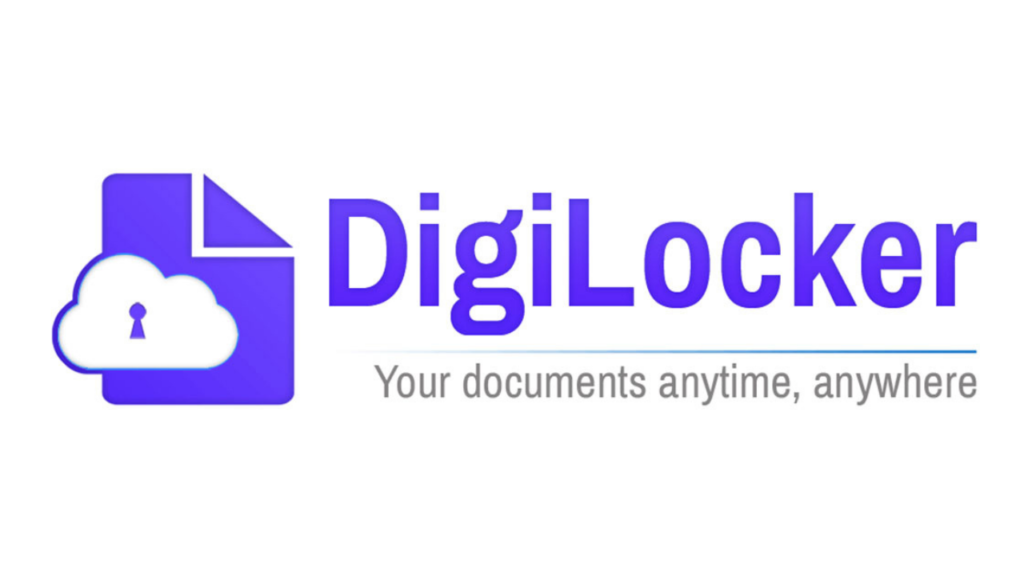The DigiLocker platform is preparing for a significant upgrade as the Ministry of Electronics and Information Technology reveals plans to incorporate AI-based electronic know-your-customer (eKYC) and global credential verification capabilities. The intent is to elevate DigiLocker role from a document-repository into a trusted digital governance layer. At a national conference organised by the National e‑Governance Division. Officials clarified that this move aligns with India’s shift from basic digital access to full digital trust. Secretary S Krishnan described the vision: secure interactions, empowered citizens and accountable institutions. Additional Secretary Abhishek Singh explained the upcoming features will position DigiLocker as a global model of paperless governance.
DigiLocker already boasts more than 55 crore registered users and over 800 crore issued digital documents, underpinning its reach and potential. The new capabilities will enable citizens to verify identity and credentials not only domestically but through global standards, making the platform more relevant for cross-border interactions and international service access.
Several states have already emerged as front-runners. States such as Assam, Himachal Pradesh, Madhya Pradesh, Meghalaya, Kerala, Maharashtra and Mizoram earned “DigiLocker Accelerator” status for their early implementation efforts. Integration examples include pension and treasury systems in Maharashtra and more than 500 citizen-services via Assam Sewa Setu portal.
The shift to AI-enabled eKYC is important. By automating verification of identity and credentials using machine learning and trusted digital signatures, the government aims to reduce paperwork, expedite approvals and increase confidence in transactions. The global credential verification feature means credentials issued in one jurisdiction could be accepted in another, opening pathways for students, professionals and migrants.
For businesses and institutions the implications are clear. They will gain access to a platform where identity and document authenticity carry more weight and less friction. That in turn could accelerate sectors such as higher education, health services, financial-inclusion, and overseas placements. For citizens the benefit is simpler access to services whether domestic or global backed by a trusted digital ID layer.
Challenges remain however. Rolling out AI verification must balance speed with accuracy and privacy. Ensuring equitable access across states and devices, and forging international recognition of credential standards will require sustained effort. The timing of the rollout and procurement of global partnerships will determine how seamless the transition becomes. In summary, DigiLocker upgrade marks a significant inflection in India digital governance journey. What started as a repository for digital documents now evolves into a trust-based ecosystem linking citizens, institutions and global services. If executed well, this move could raise India digital identity architecture to world-class levels.



















